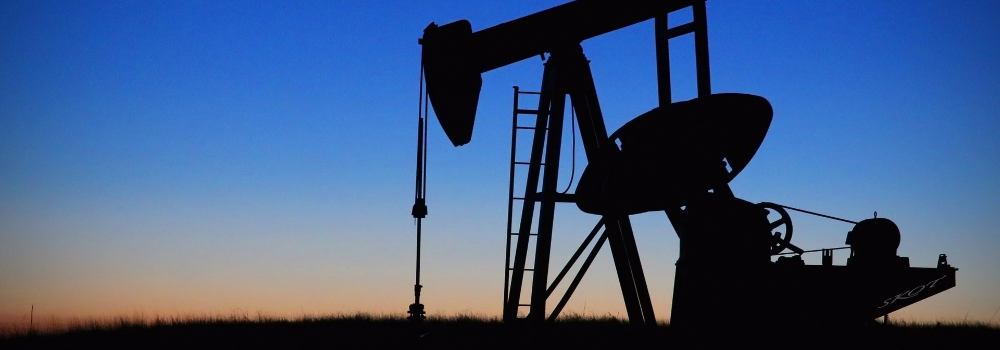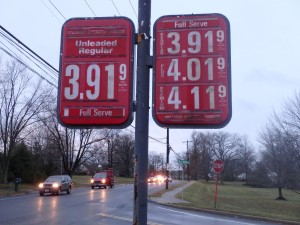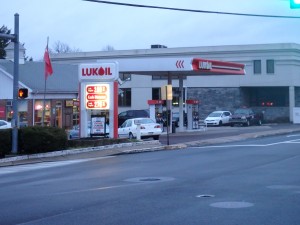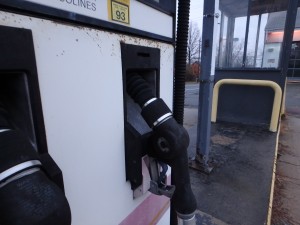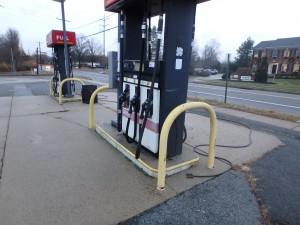In our last blog post, we discussed the nation’s dire need for increased transportation funding. One of the solutions that has been suggested by various government officials is an increase in the federal gas tax, which has been set at 18.4 cents per gallon for more than 20 years. In an article Monday morning published by The Atlantic, journalist Russell Berman wrote about the feasibility of this solution.
Giving credit where it is due, Berman notes that raising the gas tax is, in theory, a logical solution for the infrastructure funding problem that the United States is currently facing. The Highway Trust Fund, which has been financing infrastructure investments since its foundation in 1956, became insolvent in 2008. Since then, it has been supported by transfers from the Treasury, a short-term solution that has been carried on for much too long. The long overdue long-term solution to this problem may finally be coming, but will that solution be an increased gas tax?
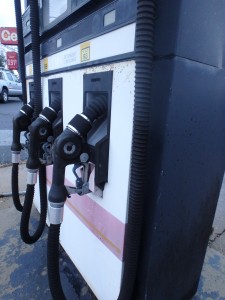 With gas prices at their lowest level in years, advocates of a tax hike say that now is the best time to do it. State Representatives Earl Blumenauer (D-OR) and Tom Petri (R-WI) are amongst the advocates of a gas tax increase. They propose a 15 cent increase over three years and then indexing it to inflation. The benefit of this solution is that it is a long-term fix to the funding problem—Congress would not have to revisit the issue again a few years down the road.
With gas prices at their lowest level in years, advocates of a tax hike say that now is the best time to do it. State Representatives Earl Blumenauer (D-OR) and Tom Petri (R-WI) are amongst the advocates of a gas tax increase. They propose a 15 cent increase over three years and then indexing it to inflation. The benefit of this solution is that it is a long-term fix to the funding problem—Congress would not have to revisit the issue again a few years down the road.
However, there seems to be a lot of political opposition, warranted or not, to an increase in the gas tax. At a business roundtable last week, President Obama stated that “votes on the gas tax are really tough” and that there is a reason that the gas tax has not been increased for 20 years, although Blumenauer asserts that statements like this create a self-fulfilling prophecy. He and Petri both blame the Obama administration for the lack of bipartisan support saying that the administration’s opposition discourages lawmakers from embracing it.
Blumenauer disputes claims that it is too politically difficult, asserting that the motion to raise the gas tax has a number of backers, including support at the state level. The most promising alternative—funding infrastructure projects with revenue from repatriated corporate profits—would only be a viable solution for a few years.
In closing, Berman states that the hurdle to raise the gas tax is “just one more frustrating example of a political culture paralyzed by fear of the voters’ wrath, whether imagined or real.” What do you think? As a driver, and a voter, would you be opposed to an increase in the gas tax as a solution to this problem?


